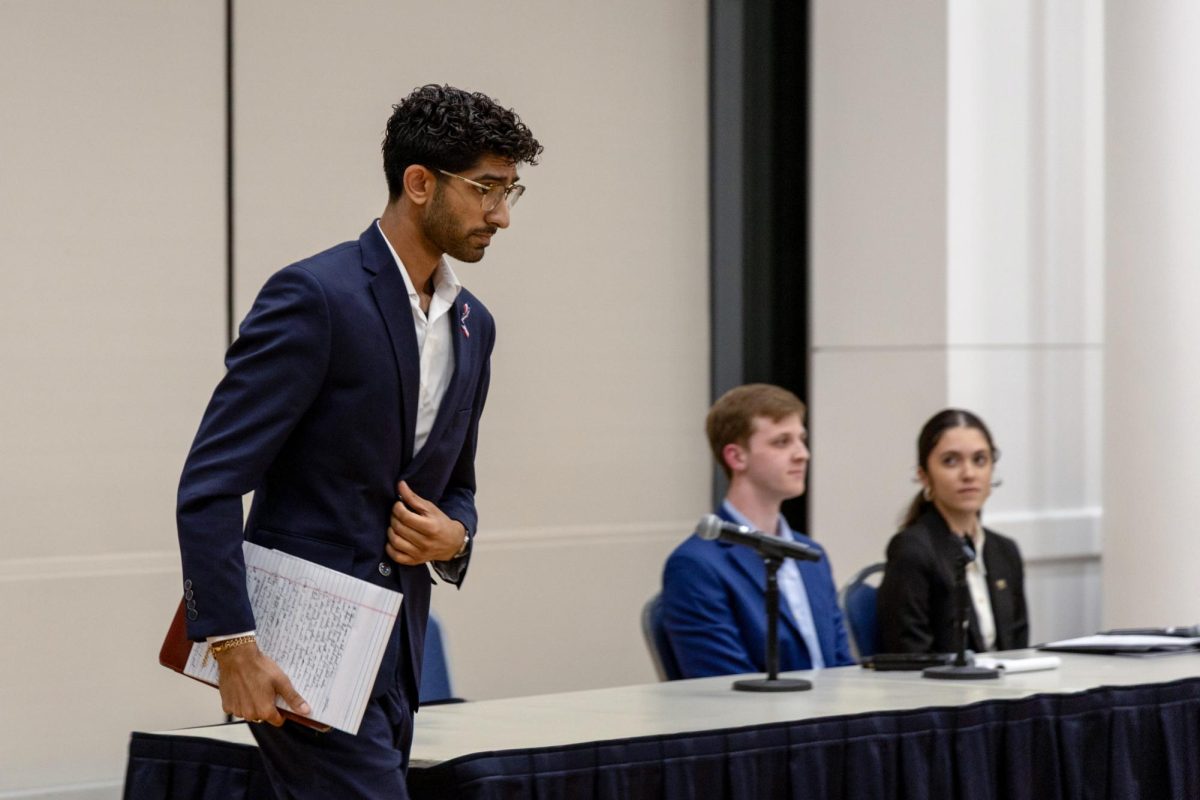Low salaries, long hours and never-ending to do lists plague the non-profit sector and cause people to leave their jobs before they move up the ladder to top executive positions, according to a study released last month.
CompassPoint Nonprofit Services, The Annie E. Casey Foundation, the Meyer Foundation and Idealist.org published “Ready to Lead? Next Generation Leaders Speak Out” as a response to a 2006 report that found 75 percent of nonprofit executive directors were planning to leave in the next five years. The 2008 report surveyed 6,000 emerging leaders in the nonprofit sector, and found 69 percent of them felt underpaid.
Sean Segal, director of alumni services at the Urban Alliance Foundation, a mentoring program for D.C. teens, spoke to GW students last week about the realities of working for a non-profit in a panel discussion sponsored by the Career Center. The report was made available to students at the event.
“You have to ask yourself if you want to think about it all the time, even if you try not to. I can’t leave work and forget that Jasmine is pregnant when she also just got accepted to college,” Segal said.
In GW’s class of 2006, of those who were employed six months after finishing college, 15 percent said they were employed at a “non-profit organization or association,” according to a survey by the Career Center and Alumni Relations.
“I am worried by the unending funding for consumerism and militarization, but I also have hope,” Student Activities Center Assistant Director Timothy Kane said at the discussion. “We have the human resources to promote peace.”
Whether inspired by an alternative spring break, graduate school work, or anger at a social flaw, the panelists said passion is the key ingredient to preventing burnout and making the job worthwhile.
Wednesday Idealist.org held its annual Nonprofit Career fair in Marvin Center. Around 107 organizations set up tables at the fair and between 1,500 and 2,000 D.C. residents and college students attended the event.
Junior Jeremy Lunsford is a religion major currently working at Starbucks. He said he does not want to work at Starbucks after graduation but he does not want to be a minister.
“I’m looking for a nonprofit that combines social justice with interfaith programs, or at least a religion based nonprofit,” Lunsford said.
Senior Celeste Jalbert, a women’s studies major, said she is planning on working in nonprofits for at least a couple years after graduating.
“It will definitely be hard, but I can do it right now, at least for a couple years,” she said. “I think issues of social justice are important, and I live in Seattle, so I grew up with those values.”






